Once a haven of hedonistic spirituality and creative freedom, Ibiza today faces a paradox as urgent as it is disturbing: it is a victim of its own myth. While the sunsets continue to dye the Mediterranean coves golden and the beats echo in the most iconic superclubs on the planet, the island’s hospitals are saturated, not by pandemics or natural catastrophes, but by a silent epidemic that takes on more dramatic proportions every summer: overdoses.
Since the 1930s, Ibiza has been synonymous with escape, a refuge for artists and thinkers, for those seeking to breathe outside the coordinates of the modern world. Over the years, the island embraced the hippie counterculture, the excesses of rock and roll and later the cult of clubbing. But what was once a sanctuary of sensory exploration and communion with nature has evolved into a hyper-massified tourist machine whose speed threatens to destroy its very essence.
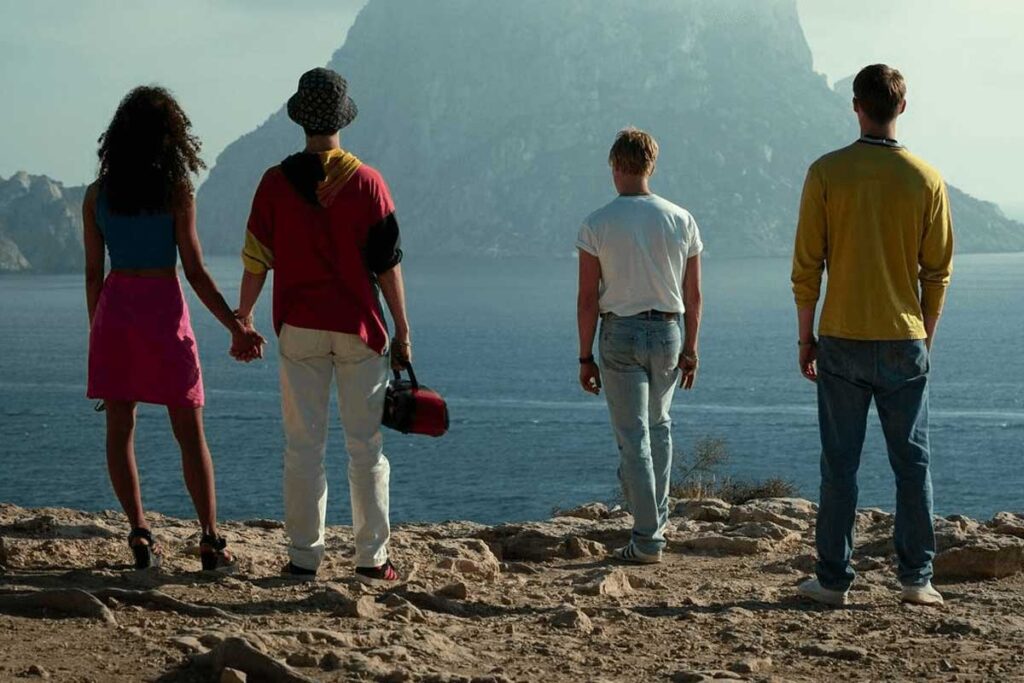
According to data collected by The New York Times, during the summer of 2024 more than a quarter of the emergency calls in Ibiza were related to incidents in nightclubs. A chilling figure that reveals a structural crisis: the health resources, designed to attend to the 160,000 permanent residents, are overwhelmed by the more than 3.3 million tourists who land on the island every year – a number that is growing steadily and which in 2025 already showed an increase of 5% compared to the previous year.
During July and August, emergency teams work at a frenetic pace, responding to situations ranging from multiple intoxications to comas induced by synthetic drug cocktails of dubious origin. Health technicians have complained that the resources available are so scarce that, on occasions, it is necessary to decide who to attend to first: a tourist in shock in the vicinity of Amnesia or an elderly resident with a heart attack in Sant Joan.
“The nights don’t end. At 3 o’clock in the morning, we are still picking up dead bodies outside the clubs. And they are not always recoverable,” an emergency technician with more than ten years’ experience on the island comments anonymously. Added to this collapse of care is the institutional silence: neither the Balearic government nor the Ministry of Health have offered official statements on the situation, fuelling the feeling of abandonment among both health professionals and the island’s inhabitants.
Between VIP entry and low-cost drugs
While entrance fees to the most popular clubs exceed 100 euros per night, many young people choose to economise on substance abuse, resorting to laboratory drugs – often unregulated, poorly labelled and with highly toxic components. The new synthetic drugs, sold on the beach or in beach club toilets, cost less than a premium drink.
This change in consumption patterns has not only increased cases of overdose, but has made the work of medical staff even more difficult, as they are faced with situations where they do not even know what substance their patients have consumed. The mixture of adulterated MDMA, low-purity ketamine and unidentified pills is bringing many young people to the brink of death.
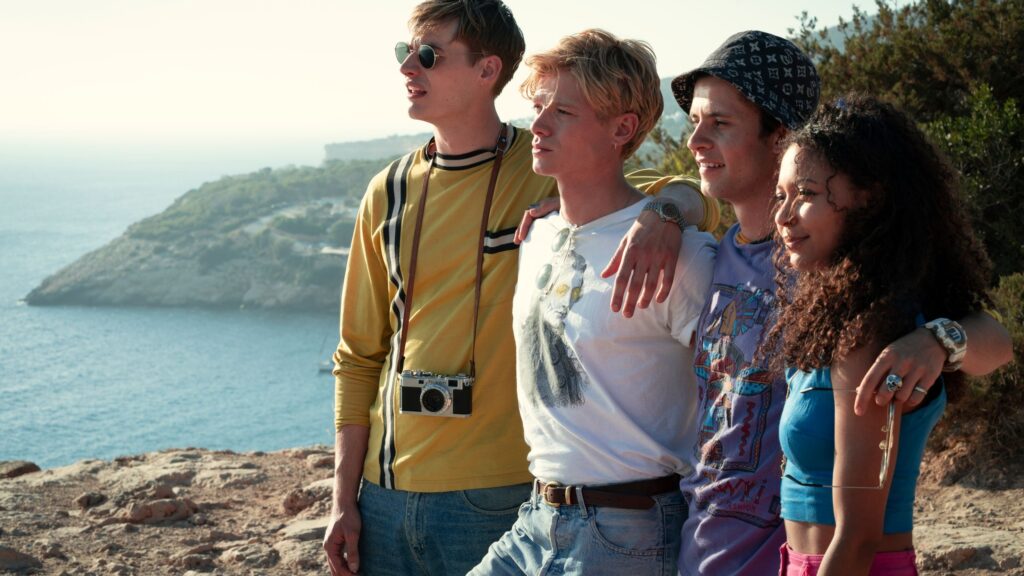
Tourism as an autoimmune disease
What is happening in Ibiza is a reflection of a wider pathology affecting much of southern Europe: tourism as an agent of systemic attrition. The authorities, in their eagerness to protect an economy based on the tourist monoculture, have relegated the welfare of their citizens to second place. The price of rent has doubled in five years, residents are being driven out of their neighbourhoods and the social fabric is fraying in the face of a tide of visitors who arrive, consume and disappear.
Demonstrations by doctors, trade unions and citizens are beginning to multiply, although still in a scattered manner and without a clear political response. The imbalance is so evident that even RTVE – Spain’s public television – has devoted reports to the phenomenon, something unthinkable just a decade ago.
And after the summer?
When the lights go out and the last DJs return to Berlin or London, a wounded Ibiza will be left: with run-down hospitals, burnt-out workers and an increasingly resentful community. The pulse between tourist economy and social survival is at boiling point, and the island seems to have reached a physical and emotional limit.
Ibiza was once synonymous with freedom. Today, it seems more like a broken mirror reflecting the contradictions of the present: the glorification of pleasure at any cost, institutional silence, and an urgency that can no longer be ignored. Because between overtourism and overdose, what is at stake is not only the future of an island, but that of an unsustainable model of life.
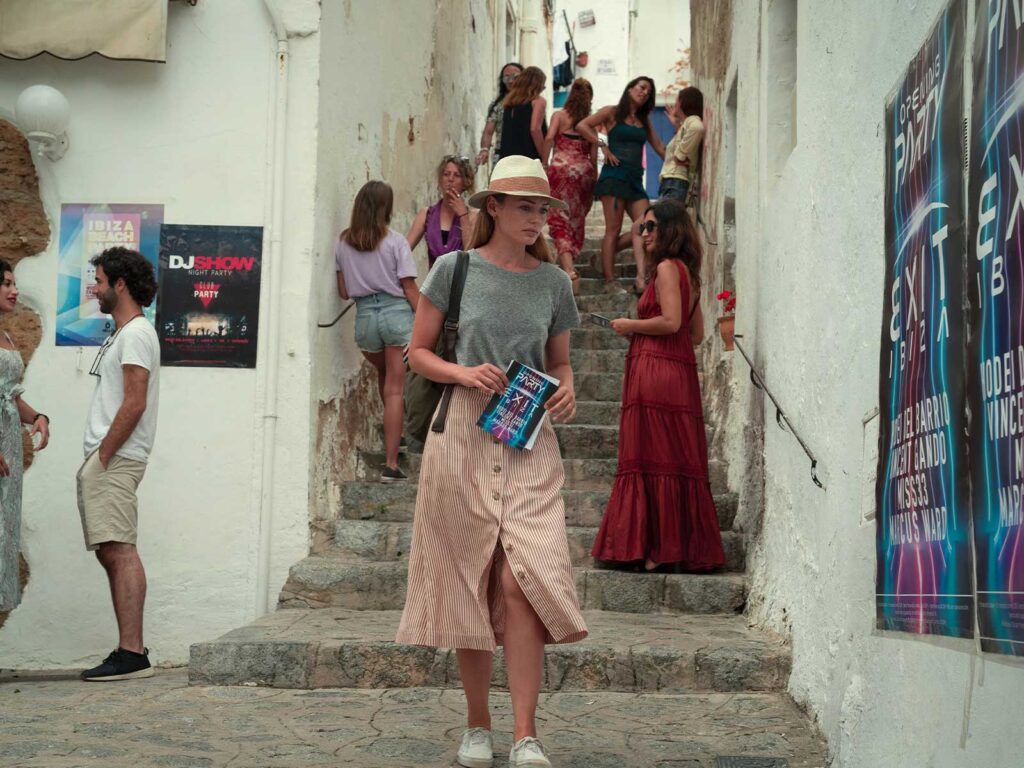
Sigue toda la información de HIGHXTAR desde Facebook, Twitter o Instagram
You may also like...
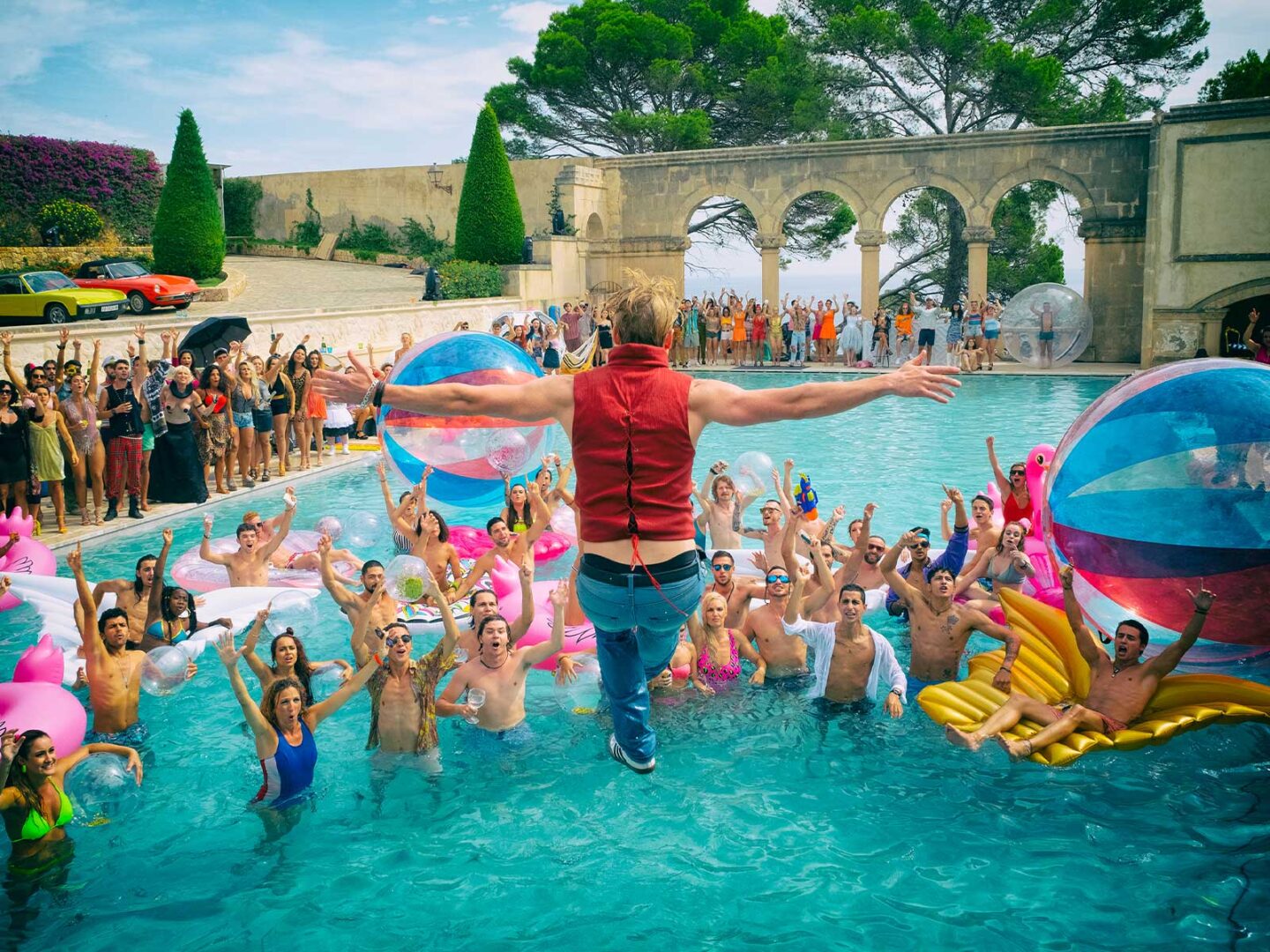
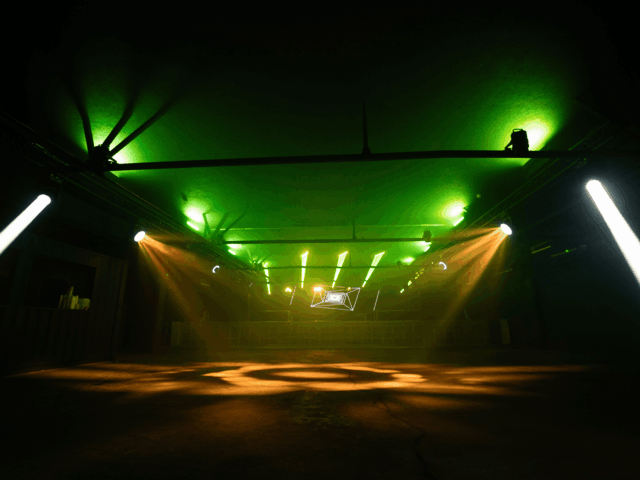
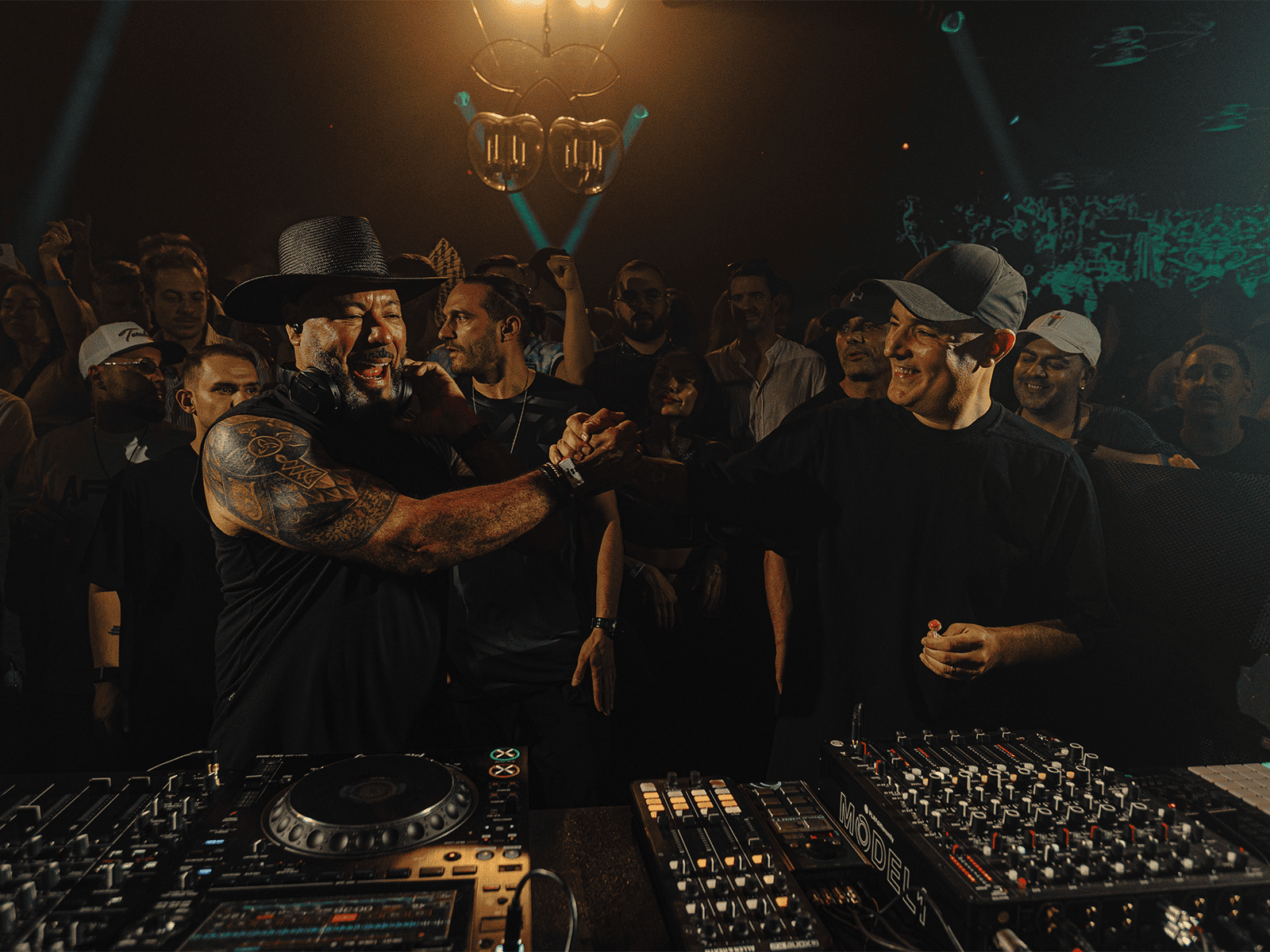
![Elrow x Okuda: A Historic Season at [UNVRS] with Neo Kaos Garden 2.0](https://highxtar.com/wp-content/uploads/2025/10/Thumb-row-Neo-Kaos-Garden-2.0-640x480.png)
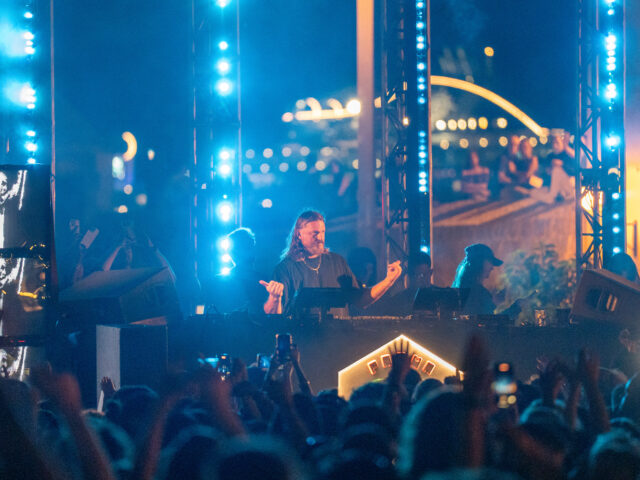
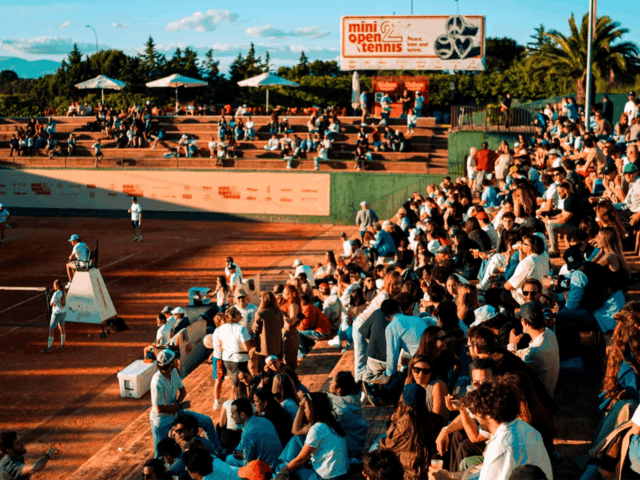
![The first season of [UNVRS] is now history in Ibiza](https://highxtar.com/wp-content/uploads/2025/08/thumb-unvrs-closing-ibiza-2025-640x480.jpg)